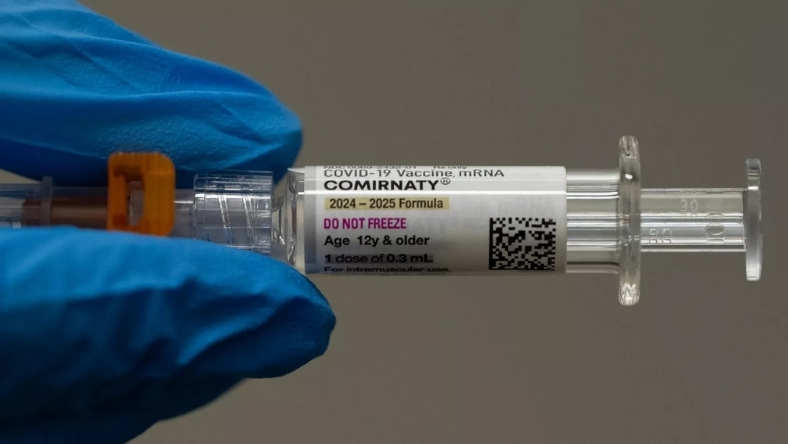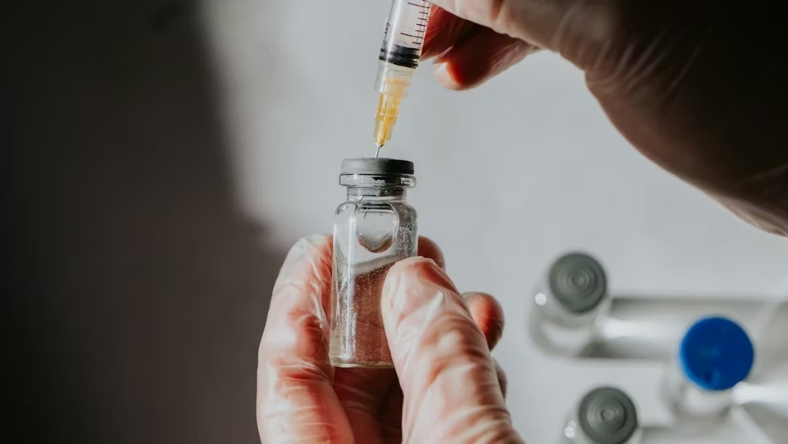INNOVATION
Can mRNA Rewrite the Future of Rare Disease Care?
US labs and biotech firms push mRNA deeper into rare disease therapy, stirring hope and investment
14 Nov 2025

US scientists and biotechnology companies are expanding the use of messenger RNA technologies beyond vaccines, shifting attention to rare genetic disorders as competition in advanced therapies intensifies.
Research groups are reporting early signs of progress in preclinical studies. At Johns Hopkins, investigators recently demonstrated in mice that mRNA can deliver gene-editing tools with notable accuracy. The team aims to correct diseases at the molecular level, including conditions such as sickle cell disease that have proved difficult to treat. Because mRNA does not create permanent changes in the way viral vectors do, researchers say the method may offer greater control and potentially lower safety risks, though the findings remain far from human trials.
Large companies are also broadening their portfolios. Moderna is developing rare disease programmes designed to replace missing or faulty proteins, arguing that mRNA can shorten development timelines and be applied to a wide set of conditions. Analysts say the company’s strategy could intensify rivalry as drugmakers seek an advantage in the next phase of genetic medicine.
Industry groups caution that the US position is not guaranteed. The Alliance for mRNA Medicines warns that uneven federal support could slow domestic momentum while Europe and parts of Asia expand research capacity and manufacturing. The group says sustained investment will be essential as global demand for specialised genetic tools edges higher.
Technical hurdles remain. Several experimental mRNA therapies have struggled to deliver material consistently to targeted tissues, and rapid improvements in gene-editing platforms are increasing pressure to show long-term benefits. Researchers note that rare disease development is particularly complex, given the small patient populations and the need for careful safety monitoring.
Even so, sentiment across the field is guardedly positive. If forthcoming studies confirm early laboratory results, the US could strengthen its role as a centre for mRNA research and deepen partnerships that support new treatments. For families affected by rare disorders, expectations for progress are rising, even as the timeline for clinical results remains uncertain.
Latest News
18 Feb 2026
How the Cloud Powers the Next mRNA Breakthrough16 Feb 2026
Can Europe Win the mRNA Cancer Race?12 Feb 2026
FDA Refusal-to-File Resets mRNA Flu Strategy11 Feb 2026
Britain’s Bet On Better RNA Factories
Related News

TECHNOLOGY
18 Feb 2026
How the Cloud Powers the Next mRNA Breakthrough

INSIGHTS
16 Feb 2026
Can Europe Win the mRNA Cancer Race?

REGULATORY
12 Feb 2026
FDA Refusal-to-File Resets mRNA Flu Strategy
SUBSCRIBE FOR UPDATES
By submitting, you agree to receive email communications from the event organizers, including upcoming promotions and discounted tickets, news, and access to related events.